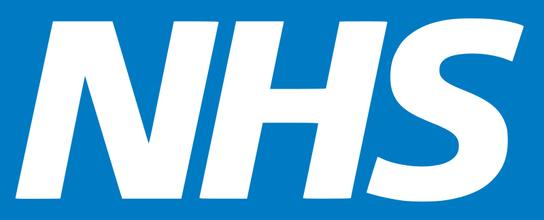expressbpdMarch 28, 2019
Tag: partnerships , BMJ investigation , NHS , drug companies
NHS organisations are entering into working partnerships with drug companies, but they are not making the details, and even existence, of many of these deals available to the public, an investigation by The BMJ has revealed.

These partnerships are used to support a variety of initiatives, including several projects to review the medication of people with ADHD, and more than 20 projects that focus on patients with age-related macular degeneration.
The BMJ, working with a team of university researchers, sent freedom of information requests to all 194 acute care NHS trusts in England to find out how many were involved in joint working arrangements in 2016 and 2017 and what joint working policies trusts had in place.
Joint working arrangement is the term used to refer to initiatives that involve shared investment by the NHS and drug companies. They are designed to bring benefits to patients, the NHS, and the companies.
Companies spent £3 million in 2016 and £4.7 million in 2017 on joint working arrangements, and under the NHS long-term plan, collaboration between health services and industry is set to treble over the next decade.
Yet the researchers found that a fifth of trusts would not release details of the deals, despite official guidance that joint working agreements must be conducted in an "open and transparent" manner.
Trusts are also expected to record and monitor all funding agreements related to the joint working projects, yet 13 (7 per cent) said that they did not keep a central record of any such arrangements and so could not provide the information.
Even when trusts did provide details, the information they provided was often inaccurate or contradicted by other sources. Others claimed not to know about joint working arrangements at all.
Cathy Augustine of the Keep Our NHS Public campaigning group, argues that allowing industry to provide NHS services in this way helps to mask the degree of government under-resourcing.
While Robert Morley, Executive Secretary, Birmingham Local Medical Committee, says the lack of transparency by trusts over these arrangements is "truly shocking" and "blatant neglect of their obligations."
The industry says that joint working projects can accelerate the spread of new treatments for the benefit of patients. The BMJ found that many of the 93 projects running in 2016 and 2017 specifically referred to increasing the use of products marketed by the company funding the project.
Robert Morley says that the NHS should be taking the lead on determining the focus of projects to which it is committing investment, and he is concerned that these joint working arrangements "are being designed first and foremost around the interests of pharmaceutical companies."
John Puntis, a consultant paediatrician and secretary of Keep Our NHS Public, argues that the lack of expertise in NHS organisations in negotiating contractual arrangements has meant that the health service is often left at a disadvantage when collaborating with the industry.
"My concern would always be, ‘What’s in it for the private sector?’ They never do these things purely for the benefit of the NHS and the benefit of patients," he says.
"They’re often buying goodwill as well. Doctors say, ‘Well, we’re not influenced by the drug companies,’ but clearly they are, because otherwise the industry wouldn’t be pouring all the money into it," he adds.
Register as Visitor to CPhI China 2019!

-----------------------------------------------------------------------
Editor's Note:
To apply for becoming a contributor of En-CPhI.cn,
welcome to send your CV and sample works to us,
Email: Julia.Zhang@ubmsinoexpo.com.


Contact Us
Tel: (+86) 400 610 1188
WhatsApp/Telegram/Wechat: +86 13621645194
Follow Us:




 Pharma Sources Insight January 2025
Pharma Sources Insight January 2025


